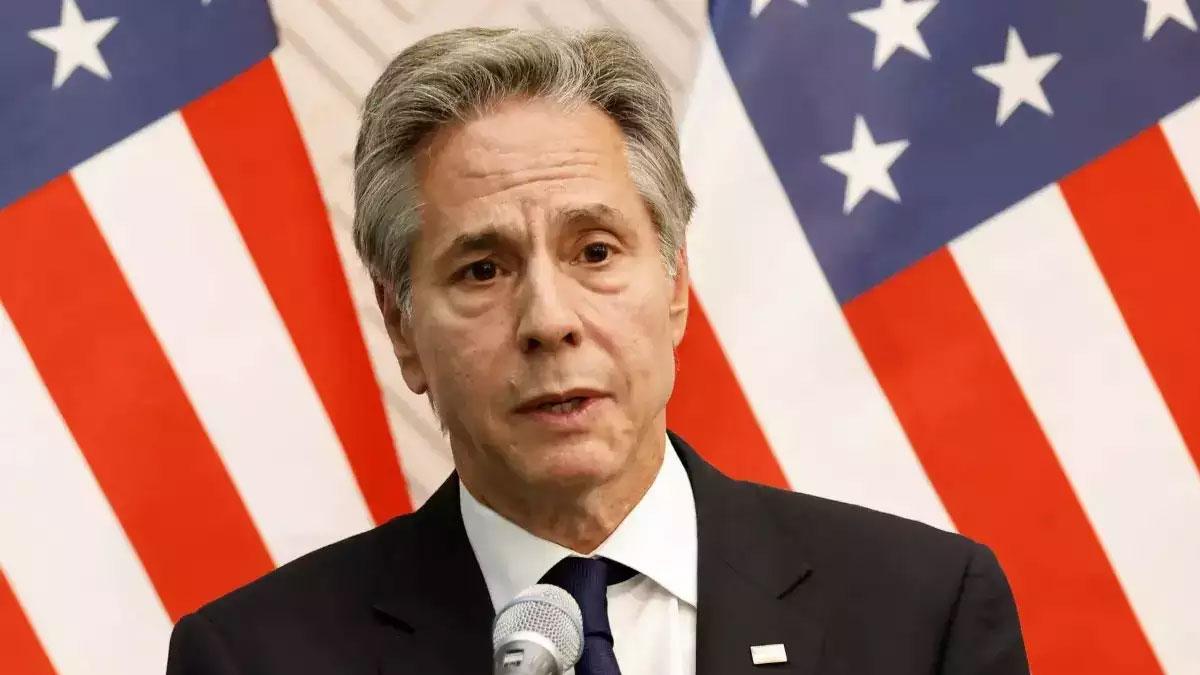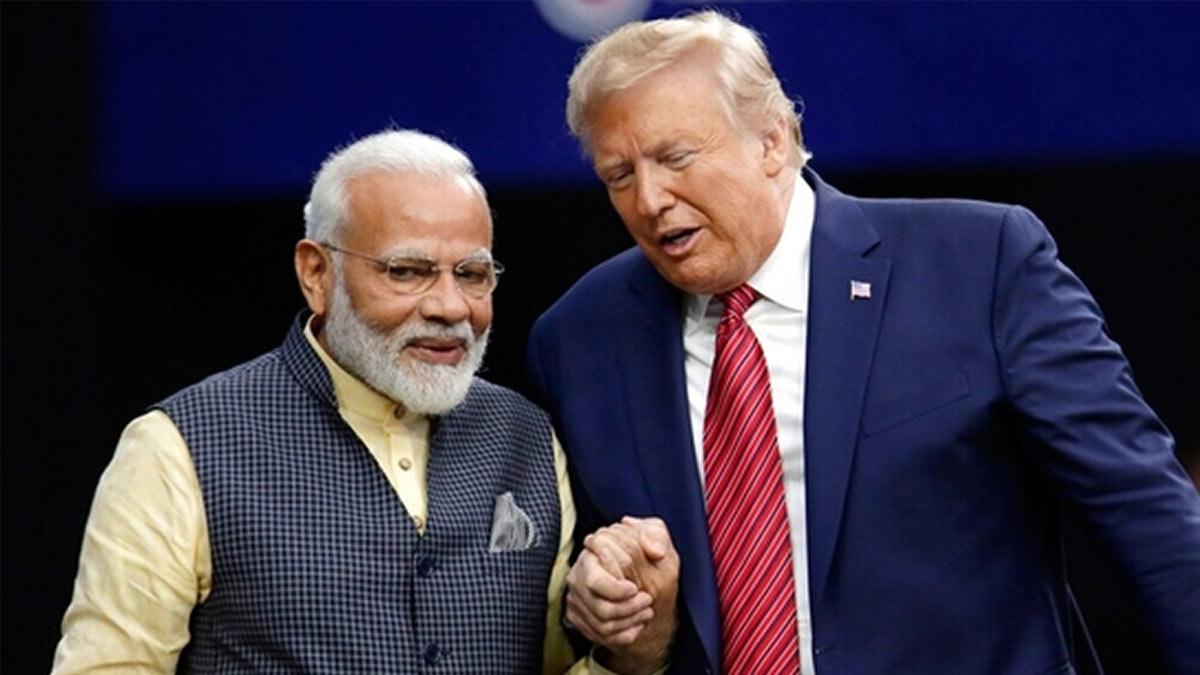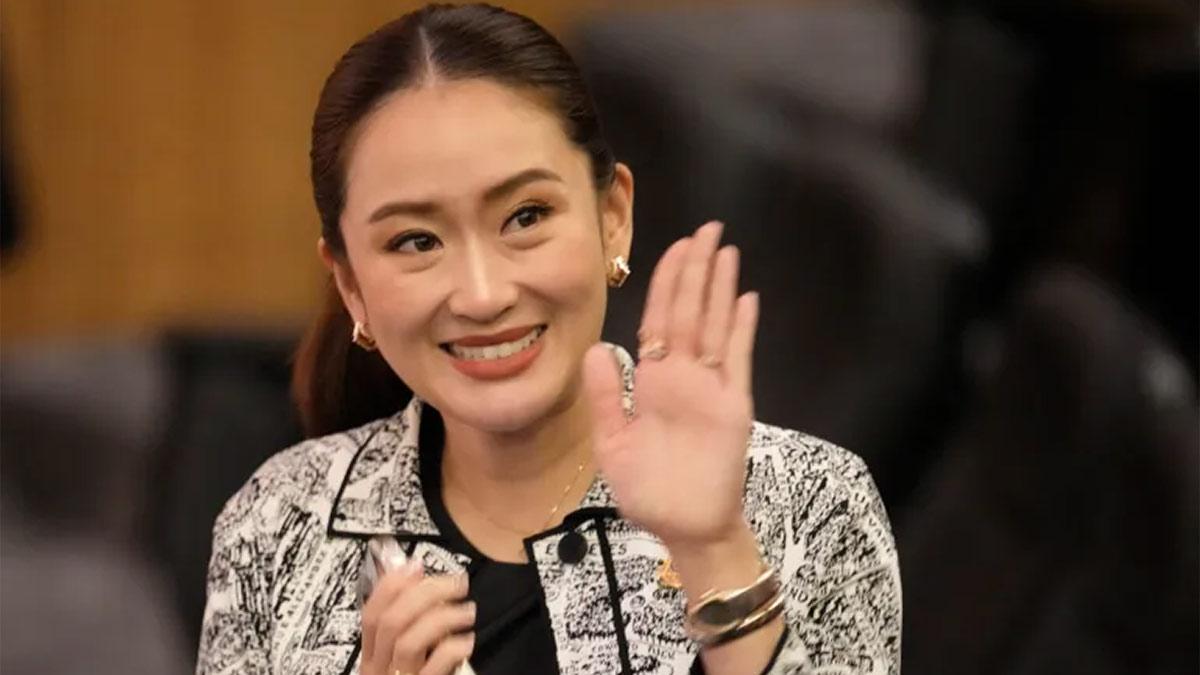In a recent joint Op-ed in The Washington Post, US Secretary of State Antony Blinken and Secretary of Defense Lloyd Austin termed the Biden administration's Indo-Pacific strategy as a network—a framework—of bilateral and multilateral partnerships. They underlined deepening cooperation between the US and India across emerging sectors such as Artificial Intelligence and semiconductors and joint efforts between the two countries while being part of the Quad alliance.
Those officials said an overhaul by President Joe Biden of the US Indo-Pacific strategy, and its effects, were among the largest and most underreported aspects of the foreign policy efforts being made by both him and Vice Pres. Kamala Harris.
In a piece coming out of the eighth ministerial meeting of the Quad in Tokyo on July 29, Blinken and Austin detailed how the Biden administration has moved from traditional hub-and-spoke relationships with Indo-Pacific nations toward a more integrated approach. Now, this new strategy strengthens bilateral ties but also forges innovative multilateral collaborations with a host of other Indo-Pacific nations.
Some of the critical developments during the leadership of Biden were mentioned: "Upgrading of the Quad to a leaders' summit; launching AUKUS—a trilateral security pact with Australia and the UK—holding trilateral meetings with South Korea and Japan, and Japan and the Philippines.".
In addition, the very strong contributions made by the Quad in many areas, from hundreds of millions of COVID-19 vaccines to investing in digital infrastructure and leading from the front lines in the global clean energy shift, were shared by Blinken and Austin. This also includes mentioning the Indo-Pacific Economic Forum—13-member countries including India.
It has also sealed multilateral and bilateral relationships focused on semiconductors, AI, clean energy, and other future-oriented sectors. Initiatives like the US-India Critical and Emerging Technology (iCET) program have deepened such collaboration. To this end, US National Security Adviser Jake Sullivan is in India for further discussion on this initiative with his Indian counterpart Ajit Doval.
According to officials familiar with the process, by the time Biden entered office in January 2021, American influence in the region had started to erode, and allies were worried about the reliability of the US. They pointed to China's being more assertive at a time when the US was perceived to be retreating from global engagement.
Indeed, Blinken and Austin kept denunciations of Chinese aggression strictly to the sea front and, generally, in relation to disputes in the South China Sea, except for land-based conflicts like between India and China. They seemed bent on underlining a clear sense of "China's dangerous and provocative actions at sea," trying to reinforce the position from Washington over China's provocations at sea.
Read also | Biden Engages in Marathon Diplomacy to Avert Middle East Conflict
Read also | Sheikh Hasina Temporarily Resides in India Awaiting UK Asylum Decision


















